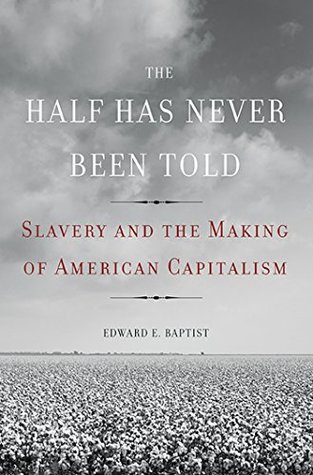Concurring with Ellsworth, South Carolina’s John Rutledge—another future chief justice—insisted that “religion and humanity [have] nothing to do with this question.” “Interest alone is the governing principle with nations,” he said. “The true question at present is whether the Southern States shall or shall not be parties to the Union. If the Northern States consult their interest, they will not oppose the increase of Slaves which will increase the commodities of which they will become the carriers.” New plantations within US borders could fill the role of the British sugar islands, to which
Concurring with Ellsworth, South Carolina’s John Rutledge—another future chief justice—insisted that “religion and humanity [have] nothing to do with this question.” “Interest alone is the governing principle with nations,” he said. “The true question at present is whether the Southern States shall or shall not be parties to the Union. If the Northern States consult their interest, they will not oppose the increase of Slaves which will increase the commodities of which they will become the carriers.” New plantations within US borders could fill the role of the British sugar islands, to which northeastern merchants had lost access in the American Revolution. So the convention made a deal: Congress would ban the slave trade from Africa, but not for at least another twenty years.17 Years later, Illinois politician Abraham Lincoln, named for his grandfather who had been killed in the Kentucky field, would argue that a possible slave trade ban—however delayed—was a concession made by men ashamed of slavery. The Constitution, he pointed out, did not even include the words “slavery” or “slaves.” Instead, it used circumlocutions, such as “Person held to service or labor.” Perhaps, however, it was Ellsworth and Rutledge who were right: interest was the governing principle shaping the Constitution. In the interest of both profit and unity, they and most other white Americans proved willing to permit the forced movement of enslaved people. In straight or in twisted words, the outcome...
...more
This highlight has been truncated due to consecutive passage length restrictions.


